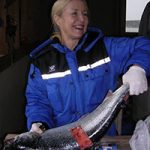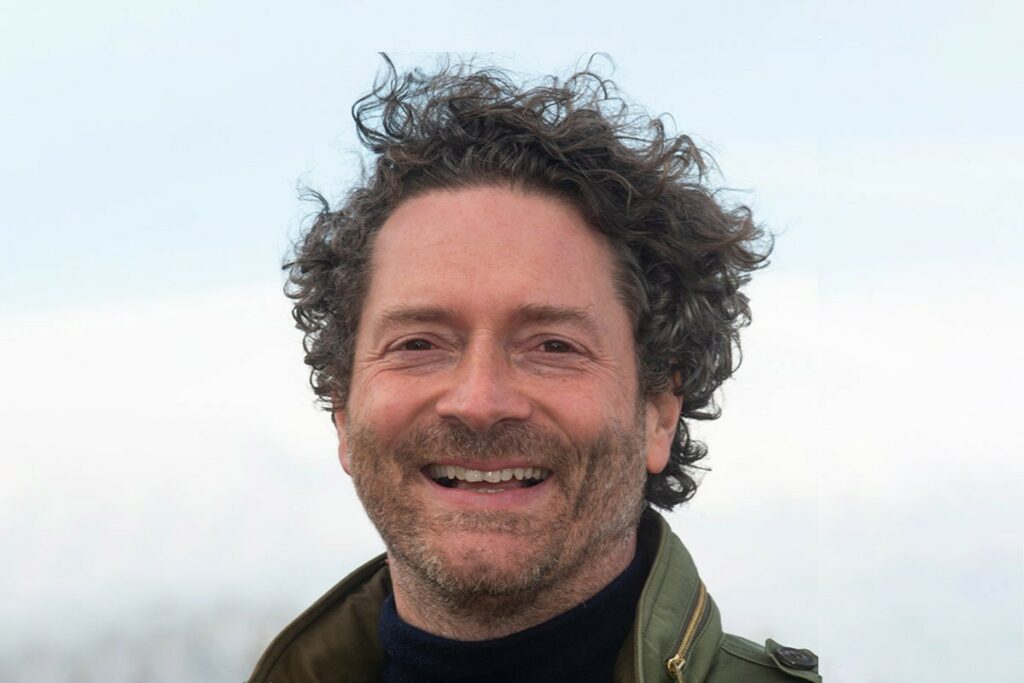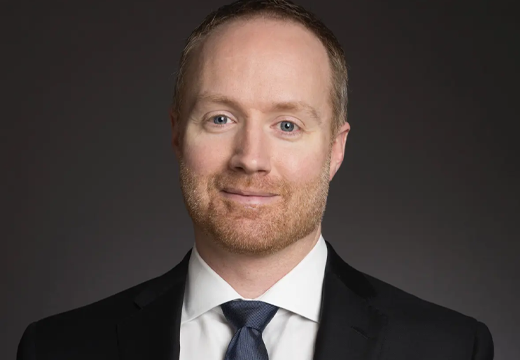Mucosal Mapping Method Wins Innovation and Leadership Award
Congratulations to Norway’s Quantidoc AS, winner of the Global Aquaculture Alliance’s fourth annual Preferred Freezer Services Global Aquaculture Innovation & Leadership Award.
 University of Bergen Professor Karin Pittman (pictured at right) will accept the award for Quantidoc’s mucosal mapping technology at GAA’s GOAL 2016 conference at the White Swan Hotel in Guangzhou, China, on Thursday, Sept. 22, where she will give a presentation after being presented with a plaque and a U.S. $1,000 cash prize.
University of Bergen Professor Karin Pittman (pictured at right) will accept the award for Quantidoc’s mucosal mapping technology at GAA’s GOAL 2016 conference at the White Swan Hotel in Guangzhou, China, on Thursday, Sept. 22, where she will give a presentation after being presented with a plaque and a U.S. $1,000 cash prize.
Quantidoc is the commercialization of Pittman’s fish biology research, which employs stereology to measure and better understand mucous on gill, gut and skin tissues — the first line of defense for fish. These tissues are crucial in the fight against aquatic diseases and parasites like sea lice, a major challenge for the salmon-farming industry.
The application was submitted by Quantidoc CEO Ole Jacob Myre. Quantidoc is a commercially functioning unit, not just an idea.
“We are very pleased and proud to receive this award from GAA, because the goal of the program aligns with ours, namely providing the solid basis for a sustainable aquaculture industry,” said Pittman. “If we can strengthen the barrier tissues of skin, gills and guts, then all our animals will grow better and with better health. Mucosal mapping is a very good addition to the aquaculture toolbox, and we look forward to using it to help farmers raise healthy animals.”
“Quantidoc’s technology for non-sacrificial evaluation of the health status of fish is a valuable new tool to improve the management of disease, a primary factor limiting the growth of aquaculture,” said GAA President George Chamberlain, one of four judges.
In addition to being featured at GOAL 2016 next week, Quantidoc’s technology is the subject of a Sept. 12 Global Aquaculture Advocate article, “Mucosal mapping architect wins aquaculture innovation award.”
This is the third consecutive year that Preferred Freezer Services has sponsored the award. GAA established the award in 2012 to recognize those who are finding new solutions to the challenges faced by aquaculture as well as those who provide the leadership required to champion such developments in responsible aquaculture.
This year, GAA received eight applications for the award. Four of the nominations were for forward-thinking individuals whose leadership advanced an aquaculture-related cause. Two of the nominations involved advancements in shrimp breeding, while the final nomination involved seaweed bacterial engineering resulting in a bacterial supplement that reduces the need for antibiotics and increase production and survivability in farmed shrimp.
In addition to Chamberlain, the other judges were GAA Standards Coordinator Dan Lee; Michael Tlusty, director of ocean sustainability science at the New England Aquarium; and Dawn Purchase, senior aquaculture officer at the Marine Conservation Society. Chamberlain, Tlusty and Purchase are also members of the Best Aquaculture Practices Standards Oversight Committee.
Last year’s recipient was Werner Jost, director of Camanor Produtos Marinhos Ltda. in Brazil. Camanor’s AquaScience® technology and its high-density, land-based facility in Natal, Brazil, recycles water for multiple production cycles while preventing environmental degradation and the use of chemicals or antibiotics. The 2014 recipient was Rodrigo Prado, a civil engineer and director of USONIC Ltda. in Puerto Montt, Chile, and the 2013 recipient was Amir Sagi, Ph.D., a professor at Ben Gurion University of the Negev in Israel.
About GAA
The Global Aquaculture Alliance is an international, nonprofit trade association dedicated to advancing environmentally and socially responsible aquaculture. Through the development of its Best Aquaculture Practices certification standards, GAA has become the leading standards-setting organization for aquaculture seafood.




